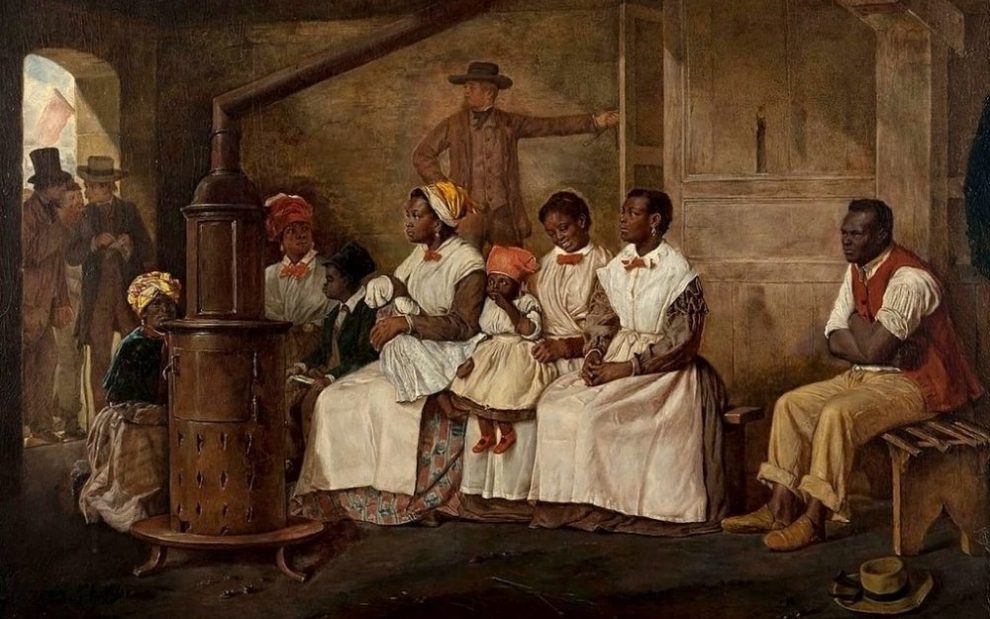In Fratelli Tutti (On Fraternity and Social Friendship) Pope Francis calls Christians “to recognize Christ himself in each of our abandoned or excluded brothers.” He then laments that “it took so long for the Church to unequivocally condemn slavery.”
The early church assumed slavery was an inherent and necessary social institution. Later with the Age of Discovery came race-based slavery, as expanding European empires enslaved Africans and other Indigenous populations. In the mid-15th century, Pope Nicholas V approved the consignment of “Saracens and pagans” to “perpetual servitude.”
Nicholas also praised Catholic kings and princes “who, like athletes and intrepid champions of the Christian faith . . . [through slavery] not only restrain the savage excesses of [the indigenous peoples] but also, for the defense and increase of the faith, vanquish them.” In the years that followed, many Catholic religious orders themselves participated in slavery, even while individual Catholics may have spoken out against it.
In 1741, Benedict XIV issued a papal bull against the enslavement of the Indigenous peoples of the Americas and other countries, but he made no mention of Africa. Pope Gregory XVI in 1839 condemned the trans-Atlantic slave trade, but he too stopped short of condemning slavery itself. In 1866, Vatican officials even declared that slavery “is not at all contrary to the natural and divine law.”
By the late 19th century, the church had been defending slavery for centuries, even as abolitionism had spread across the Western world. In 1888, Pope Leo XIII praised Brazil for abolishing slavery but again failed to condemn slavery itself. Leo XIII’s 1890 letter to the African missions proclaims his condemnation of the “gloomy plague of slavery” but again avoids unequivocal condemnation. Then, in 1965, Vatican II’s Gaudium et Spes (On the Church in the Modern World) mentions slavery in a long list of other “infamies” that “poison human society.”
Finally, in 1993, St. Pope John Paul II offered an unqualified and absolute condemnation of slavery. In Veritatis Splendor (On the Church’s Moral Teaching), he clarified that slavery, among other offenses listed by Gaudium et Spes, is an “objective evil” that contradicts human dignity and is therefore “always seriously wrong.”
Many Catholics accepted this as already morally obvious, but some recognized the problems this raised with established tradition. Some Catholics sought to uphold the older teaching of the church, leaving them in the uncomfortable position of defending slavery under certain social conditions. Others followed the lead of Leo XIII, arguing that rejection of slavery had always been church tradition, despite the grossly revisionist history this effort required. Today, the hard task of truthfully recounting the church’s history remains, complicated by half-truths and forgotten realities.
This article also appears in the November 2023 issue of U.S. Catholic (Vol. 88, No. 11, pages 49). Click here to subscribe to the magazine.
Image: Wikimedia Commons















Add comment